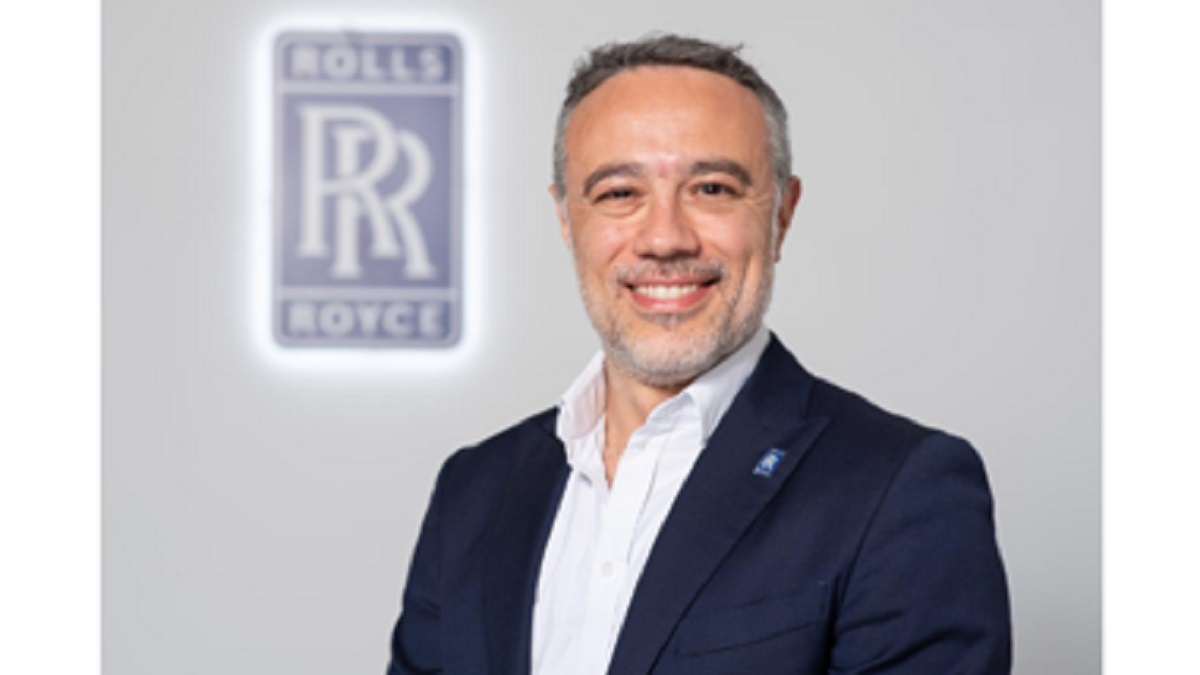There are opportunities for Africa in the global transition to cleaner, sustainable aviation fuel (SAF), which will need to be indigenously produced to be truly sustainable
NAIROBI, Kenya, June 11, 2024/APO Group/ —
By Omar Ali Adib, Rolls-Royce Senior Vice President, Africa.
African airlines play a vital role in unlocking trade, providing employment, increasing GDP, and demonstrating national and continental pride. However, they face formidable challenges, foremost among them being the cost of aircraft fuel, which exceeds global averages by up to 30%, which can be attributed to the lack of local refining capability, unique market dynamics, taxation and duties, and foreign exchange challenges from weakening local currencies.
In the wake of the COVID-19 pandemic, Africa’s aviation sector has displayed remarkable resilience by returning to pre-pandemic levels. However, if African airlines are to continue to sustain their growth and competitiveness on the global stage, then they will need to fulfil some strategic objectives.
The industry needs the best technologies to maximize operational efficiencies, defend and innovate fuel security, and develop our human resources.
In terms of operational efficiency, Rolls-Royce has a role to play in supporting African airlines.
Our engines power half of the world’s wide-body (twin-aisled) aircraft, connecting passengers, transporting food and goods, and delivering healthcare and humanitarian aid. The most technologically advanced members of the Rolls-Royce engine family are the Trent 7000, which powers the Airbus A330neo, the Trent XWB, which serves the Airbus A350, and, of course, the Trent 1000, which was designed for Boeing’s 787.
This engine family has continually evolved over the last 30 years. Since the first Trent engine took flight, Rolls-Royce has focused on improving engine performance and reliability, introducing advanced new manufacturing methods, materials, aerodynamics and digital technologies. Just recently, Rolls-Royce committed £1bn to a program that will enhance and advance not only new engines entering the market but also engines already in service. With this new billion-pound investment in new technologies, our existing customers will benefit from improved availability, reliability and fuel efficiency.
Rolls-Royce has actively supported work to support 100% SAF adoption and our role has been to prove there are no technology impediments to its use at engine level
Today, a Rolls-Royce Trent XWB aero engine consumes 15% less fuel than the first generation of Trent engines, contributing to savings of about $6.4 million per aircraft per year.
These savings can be even greater in Africa due to the higher cost of jet fuel.
Turning to fuel innovation and security, there are opportunities for Africa in the global transition to cleaner, sustainable aviation fuel (SAF), which will need to be indigenously produced to be truly sustainable. This alternative African fuel would bring immediate benefits to emissions and longer-term fuel security. But the challenge is to produce SAF at scale.
In addition to the well-documented benefits of SAF as a key enabler to reduce aviation carbon emissions by up to 80%.
The subject of SAF will become increasingly important as, from 2025, all airlines flying into the European Union must use a 2% blend of SAF, which will gradually increase to 6% in 2030, 20% by 2035, 34% by 2040, and 70% by 2050. This move has prompted the recently established EU Global Gateway African Euro320bn Investment Package, half of which will be directed towards developing Africa’s SAF capabilities.
Rolls-Royce has actively supported work to support 100% SAF adoption and our role has been to prove there are no technology impediments to its use at engine level. That is why we have recently completed our commitment to ensure all of our in-production civil aero engines are compatible with 100% SAF – a commitment underpinned by a series of tests on the ground and in the air. We were also pleased to support Virgin Atlantic, which operated the first-ever 100% SAF flight across the Atlantic from London to New York late last year, powered by Trent 1000 engines
SAF can be made from waste cooking oils and biofuels produced from agricultural waste or the growing of feedstock plants on marginal lands unsuitable for food crops—a whole new sector of agriculture. The benefits of a regional SAF supply chain include increased energy security, reduced volatility of jet fuel supply and pricing, less forex exposure and economic development opportunities through local investments and job creation.
Choosing the right aerospace technology that continues to advance and evolve while in service simultaneously reduces operating costs, bolsters our growing economy and strengthens our transition to indigenous and better-performing fuel.
Africa has over 24% of the world’s agricultural land and 60% of the world’s uncultivated arable land. Thanks to partnerships forged between the government and private sector in East Africa, we are delighted to see the seeds are already being sown to develop a world-leading biofuel sector.
Distributed by APO Group on behalf of LCH Consultancy & Associates.
